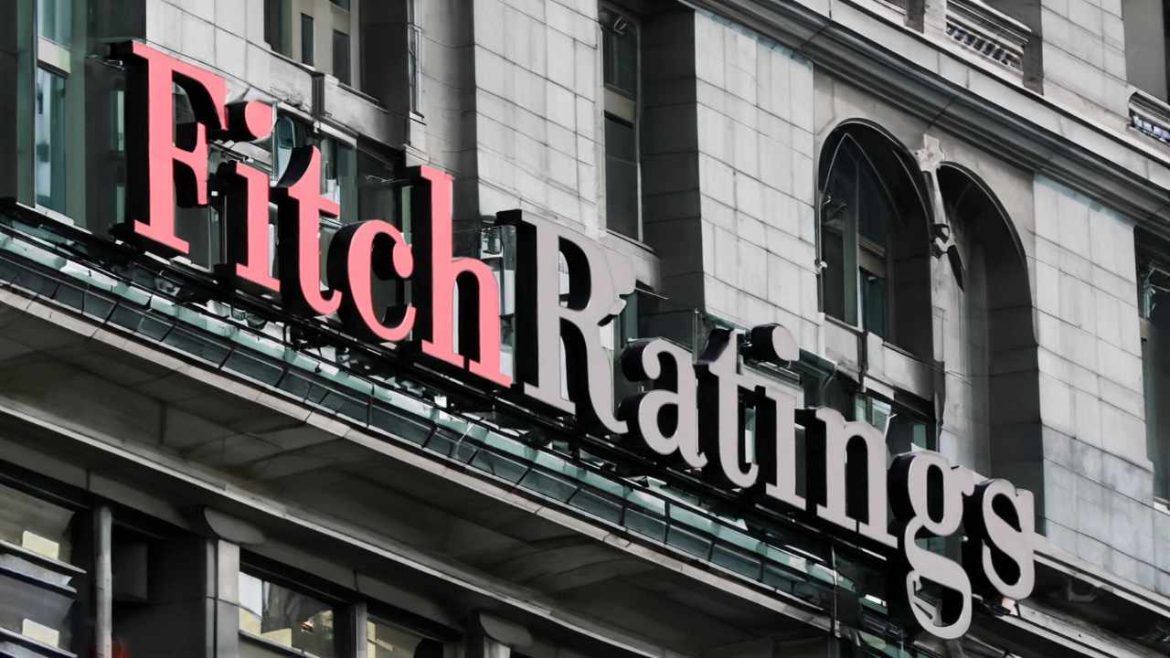Tunis, September 12 – Fitch Ratings has raised Tunisia’s Long-Term Foreign- and Local-Currency Issuer Default Ratings (IDR) from ‘CCC+’ to ‘B-‘, with a Stable Outlook. This upgrade marks a significant step forward for the country’s economic outlook, signaling a positive shift in its financial standing.
Fitch highlighted that the upgrade reflects Tunisia’s continued improvement in its external position. Key contributing factors include a reduction in current account deficits (CADs), robust net foreign direct investments (FDI), and substantial disbursements from both multilateral and bilateral partners. These developments have played a crucial role in stabilizing the country’s economic outlook.
Despite these positive strides, Fitch cautioned that Tunisia’s ratings remain constrained due to its limited access to external financing, the lack of market access, and the vulnerability of its budget and external accounts to shocks in commodity prices. These issues are exacerbated by the absence of subsidy reforms.
Fitch’s projections indicate a widening of the current account deficit (CAD) to 2.2% of GDP in 2025 and 2.8% in 2027, up from 1.5% in 2024. This expected rise is primarily attributed to falling olive oil prices and an increase in goods imports. However, these figures are still significantly lower than the average CAD of 7.9% from 2010 to 2022.
One of the more promising aspects highlighted by Fitch is the resilience of Tunisia’s net FDI, which is projected to remain steady at 1.4% of GDP in 2024. Despite political and external challenges, Tunisia has managed to maintain solid FDI inflows, and Fitch anticipates a significant rebound in FDI in the first half of 2025, with a 54% increase in US dollar terms compared to the same period in 2024.
Fitch also noted that Tunisia’s fiscal financing needs are expected to decrease over the next few years, dropping from 18% of GDP in 2024 to 13.5% by 2027. This is partly due to favorable financing conditions, including zero-interest loans from the central bank, which are expected to help reduce the government’s financing burden.
While Tunisia’s public debt remains high, projected to be 83% of GDP in 2025, a slight decrease from 84.5% in 2024, the country’s efforts to control fiscal deficits and contain public sector wage growth are expected to contribute positively to the overall economic outlook.
In summary, while challenges remain, Tunisia’s recent economic improvements have earned it a stronger credit rating from Fitch, offering hope for sustained stability and growth in the coming years.

